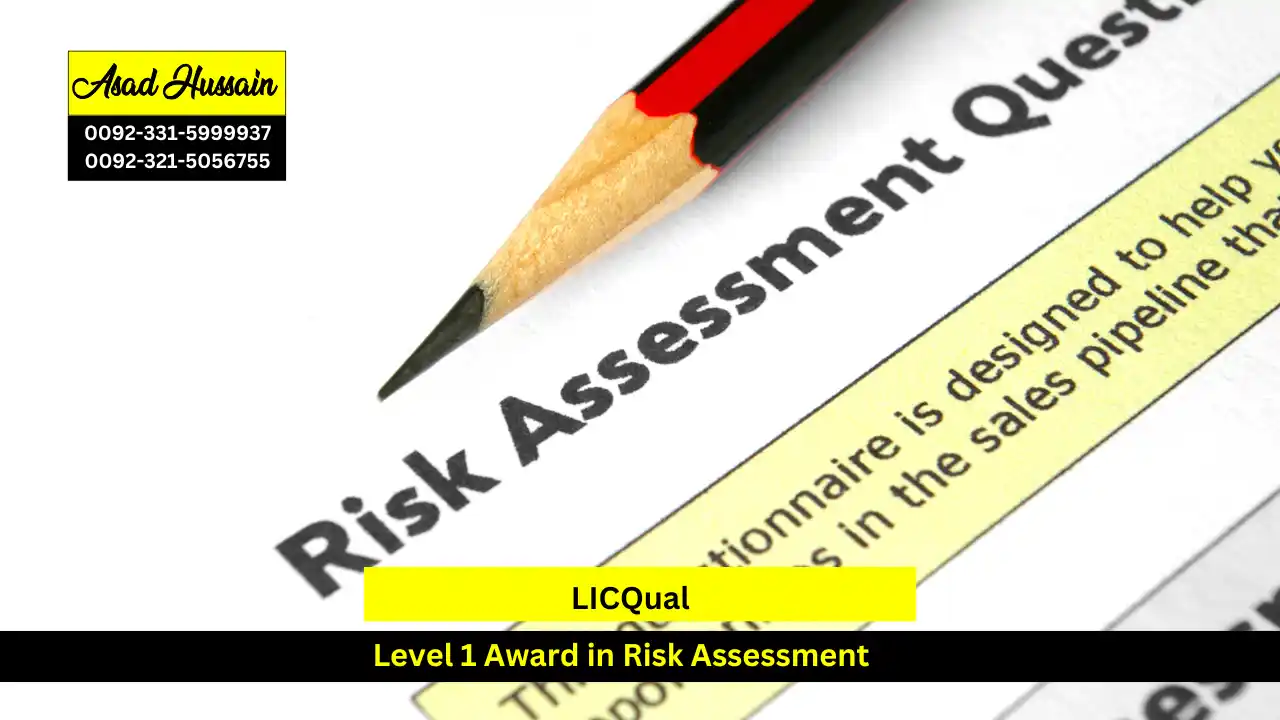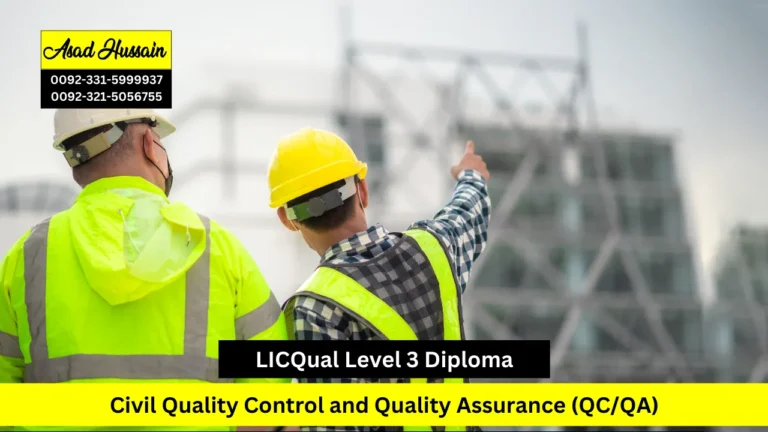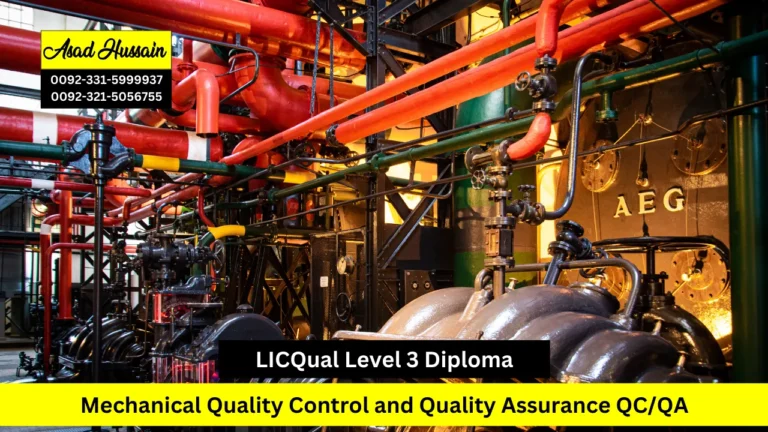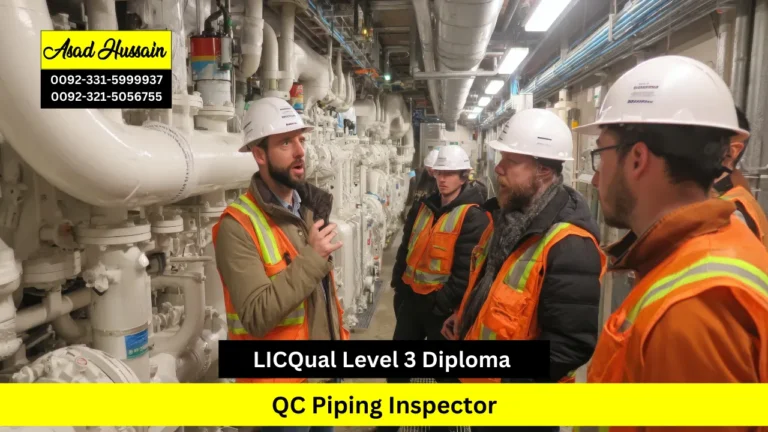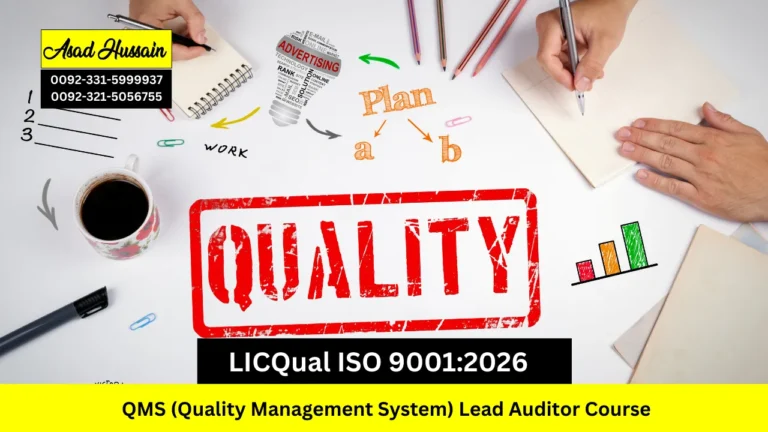In today’s fast-paced world, ensuring safety and mitigating risks are more critical than ever, whether in the workplace, educational settings, or community environments. The Level 1 Award in Risk Assessment provides foundational knowledge and skills necessary for identifying, evaluating, and managing risks effectively. This entry-level qualification is designed to equip individuals with the essential tools to contribute to a safer and more compliant environment. Here’s a comprehensive look at what the Level 1 Award in Risk Assessment entails and why it’s valuable.
The Level 1 Award in Risk Assessment is an introductory qualification that covers the basic principles and practices of risk assessment. It’s aimed at individuals who are new to the field of risk management or those who wish to understand the fundamentals of risk assessment processes. This qualification is ideal for those in roles where they need to identify potential hazards and assess risks, but who may not yet have in-depth knowledge or experience in this area.
The Level 1 Award in Risk Assessment is a valuable qualification for anyone looking to start their journey in risk management. By providing fundamental knowledge and practical skills, it equips individuals to identify and manage risks effectively, enhancing safety and compliance in various settings. Whether you’re new to the field or seeking to broaden your understanding, this award offers the perfect foundation for building a career in health and safety or advancing to more specialized risk assessment qualifications.
Program Highlights
Mandatory Units
- Introduction to Risk Assessment
- Identifying Hazards and Risks
- Risk Assessment Techniques
- Implementing Control Measures
- No Specific Prior Qualifications:
- There are no formal academic qualifications required to enroll in the Level 1 Award in Risk Assessment. The course is suitable for individuals with various educational backgrounds and levels of experience.
- Basic English Language Skills:
- Learners should have a basic understanding of English, as the course materials and assessments will be in English. This is important to ensure that participants can comprehend and engage with the content effectively.
- Interest in Risk Management:
- A genuine interest in health and safety or risk management will enhance the learning experience. While no prior knowledge is necessary, having a basic awareness of safety practices can be beneficial.
- Workplace Experience (Optional):
- While not required, some experience in a workplace or organizational setting where risk assessments are relevant can be advantageous. This experience can help learners relate the course content to real-world situations.
Recommended Skills and Attributes
- Attention to Detail:
- Risk assessment involves identifying potential hazards and evaluating risks, which requires careful attention to detail.
- Analytical Thinking:
- The ability to think critically and analytically helps in assessing risks and determining appropriate control measures.
- Communication Skills:
- Effective communication skills are important for understanding course materials and engaging in discussions about risk management.
- Commitment to Learning:
- A commitment to actively participate in the course and apply the knowledge gained is essential for success.
Additional Considerations
- Technical Requirements:
- Ensure that you have access to a computer or device with internet connectivity if the course includes online components or digital resources.
- Employer Support:
- For those taking the course as part of their job, obtaining support from your employer may be beneficial. They may provide additional resources or practical contexts to apply what you learn.
1. Introduction to Risk Assessment
- Understand the Concept of Risk Assessment:
- Define what risk assessment is and its importance in various environments.
- Explain the purpose of risk assessments in maintaining safety and compliance.
- Familiarize with Legal and Regulatory Frameworks:
- Describe the key legal requirements and regulations related to risk assessment.
- Identify relevant health and safety legislation and standards.
- Recognize the Risk Assessment Process:
- Outline the general process and steps involved in conducting a risk assessment.
- Understand the roles and responsibilities of individuals involved in the risk assessment process.
2. Identifying Hazards and Risks
- Identify Common Hazards:
- List different types of hazards (e.g., physical, chemical, biological, ergonomic).
- Recognize potential sources of hazards in various settings.
- Assess the Nature of Risks:
- Define risk in the context of health and safety.
- Evaluate how identified hazards could potentially cause harm or adverse effects.
- Apply Hazard Identification Techniques:
- Use basic techniques and tools to identify hazards in a given environment.
- Document and report identified hazards accurately.
3. Risk Assessment Techniques
- Understand Risk Assessment Methods:
- Describe different methods and approaches for assessing risks (e.g., qualitative vs. quantitative).
- Explain how to choose appropriate risk assessment techniques based on the context.
- Conduct Simple Risk Assessments:
- Apply basic risk assessment techniques to evaluate the level of risk associated with identified hazards.
- Use risk assessment matrices or similar tools to prioritize risks.
- Interpret Risk Assessment Results:
- Analyze and interpret the results of risk assessments.
- Communicate findings and implications effectively.
4. Implementing Control Measures
- Understand Control Measures:
- Define different types of control measures (e.g., elimination, substitution, engineering controls, administrative controls, personal protective equipment).
- Explain the hierarchy of controls and its application.
- Develop and Implement Control Strategies:
- Identify appropriate control measures for mitigating identified risks.
- Implement and monitor control measures effectively.
- Review and Evaluate Control Measures:
- Assess the effectiveness of implemented control measures.
- Make recommendations for improvements or adjustments based on evaluation results.
The Level 1 Award in Risk Assessment is designed for a diverse range of individuals who are involved in or interested in improving safety and risk management practices. It is ideal for new employees, managers, and supervisors who need to understand the basics of risk assessment to ensure a safer work environment. Health and safety representatives, those involved in safety committees, and individuals pursuing careers in health and safety will also benefit from this foundational qualification. Additionally, students and trainees seeking a solid introduction to risk management will find this course valuable. With no specific prior qualifications required, the course is accessible to anyone with a genuine interest in learning how to identify and manage risks effectively.

